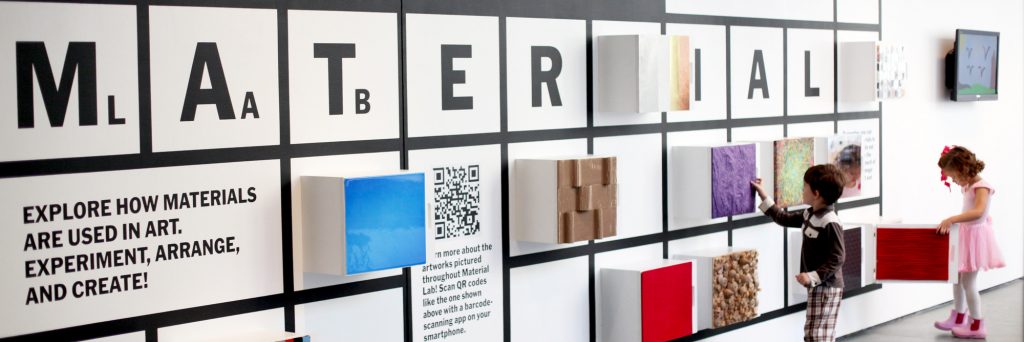
This course explores the connections between the discovery of new materials ─ such as ceramics, glass, concrete, metals, plastics, semiconductors etc. ─ and the development of technologies and social structures worldwide. To see these connections, the course will fuse basic concepts in materials science and engineering with perspectives and methods from anthropology, history, English, classics, literature, and sociology. From ancient cities and Roman baths to steel foundries and Tupperware parties, to virtual communities and nanomedicine, students will learn how the physical properties of different materials intersect with cultural variables like gender, race, power/authority, religious beliefs, values, and financial and political systems to shape human civilization. By connecting lessons from the past to the inventions of cutting-edge materials, we will also explore the future social impacts of new materials in medicine, construction, transportation, clean energy, sports, and other areas. Engineers play important roles in changing or maintaining the structure and fabric of society. This course will explore how their materials-based technologies shape our society, as well as how society shapes engineering innovations.
This project aims to build creative thinking by giving students enough exposure to the cultural and physical dimensions of materials and materials science to enable them to see current engineering problems in new ways, and to think globally as well as locally.
By targeting this class to first-semester students, it will enable students to draw lasting, creative connections between their general education requirements and core materials science and engineering curricula throughout their undergraduate careers.
Goals
- To enable materials science and engineering students to obtain “the broad education necessary to understand the impact of engineering solutions in a global, economic, environmental, and societal context.”
- To change the “difficulty” perception of materials science and engineering by exposing students in any major to the role, values, and importance of engineering.
- To give students in any major competence in basic materials science and engineering principles.
Features
The course features weekly units about different materials, including lectures by materials science and engineering faculty, case study presentations by humanities faculty, video lessons from materials scientists and researchers, and interdisciplinary discussions and activities to apply knowledge and explore current engineering opportunities and challenges.
Important Links
For online course webpage, please visit: http://new.guofucourses.cn/course/view.php?id=102, where you can download course syllabus, course materials, etc., and participate course activities.
To view the syllabus of the current year, please click here.
Acknowledgement
Most of the course materials are selected from the online course Impact of Materials on Society contributed by the team from the University of Florida, led by Prof. Kevin Jones, posted on the MRS website.
